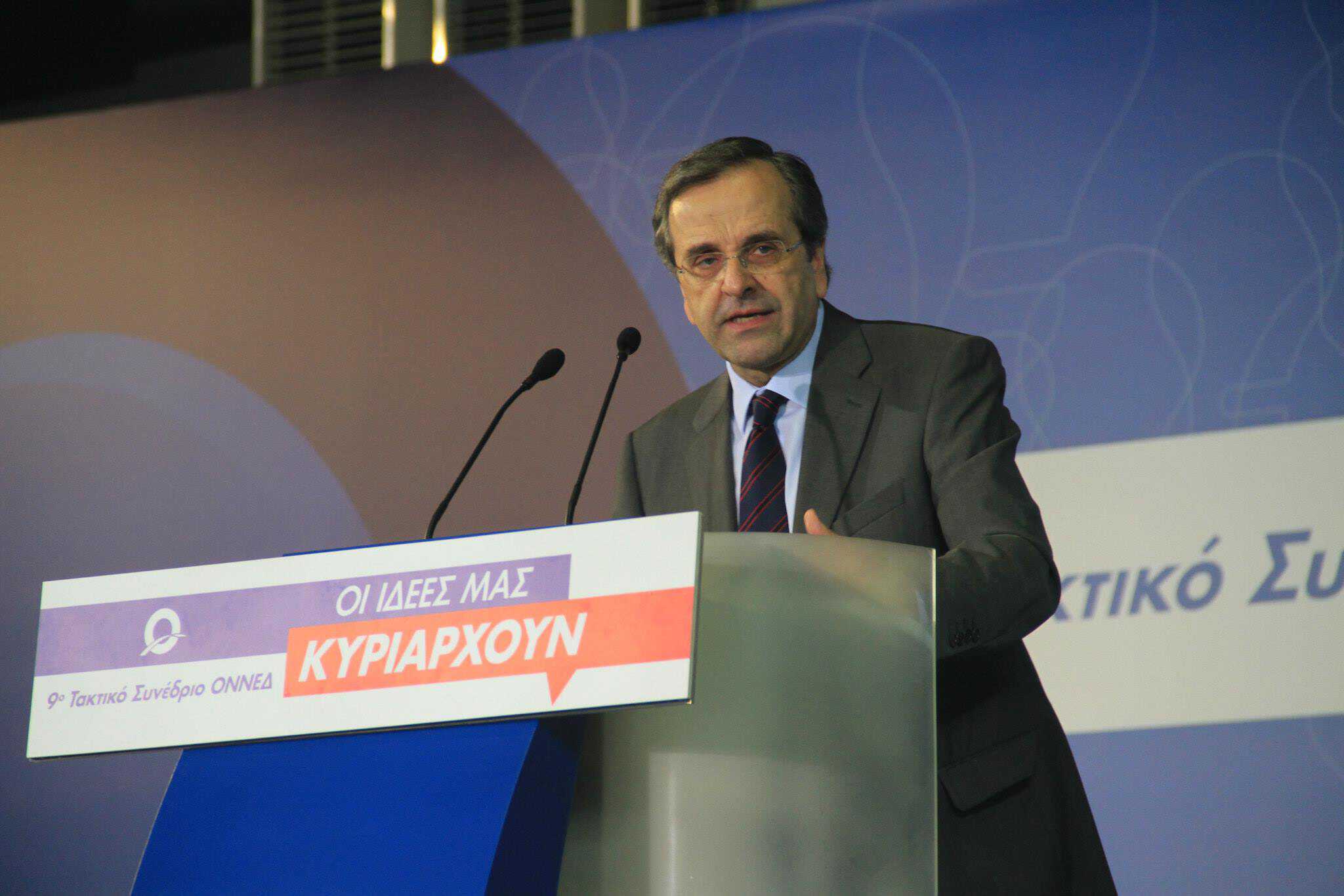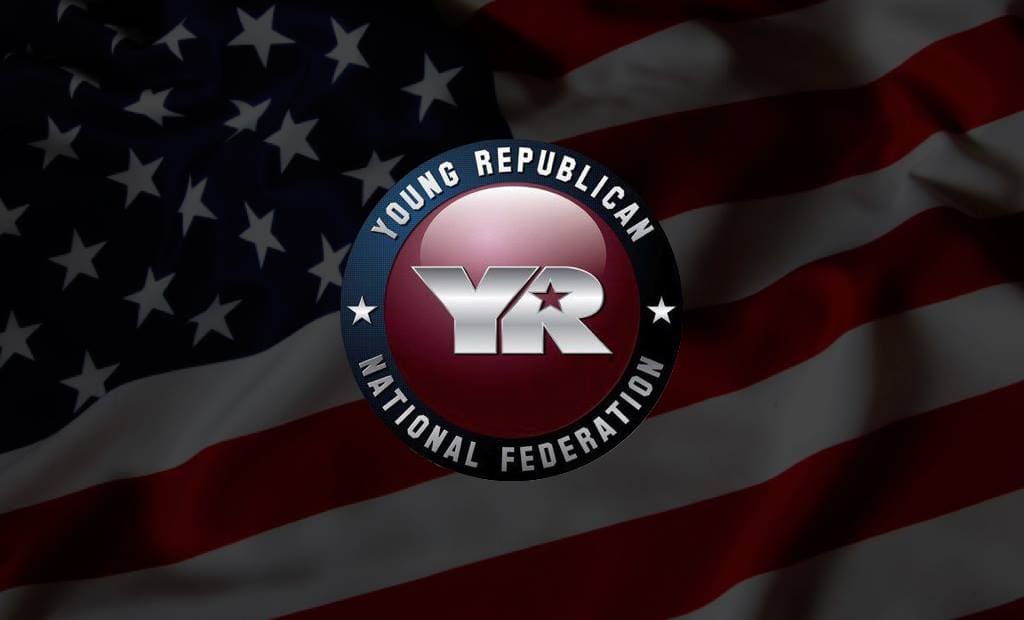Some months ago, YEPP initiated a joint meeting of European party political youth organizations. Thanks to the European Youth Forum, the gathering was organized some days ago in Brussels.
Members of the Board from ECOSY (Young Socialists), LYMEC (Young Liberals), FYEG (Young Greens), JEF (Young Federalists), EDS (Students) and the Free Alliance were present to the debate. YEPP was represented by Juha-Pekka, Konstantinos and myself.
Most organizations shared the view that youth unemployment is the hot topic. Regarding the steps to be taken, the views are much diverging though. On behalf of YEPP we welcomed the European Council conclusions on youth employment: the youth guarantee, the reallocation of funds, the strengthening of professional exchange programs and the national job plans. We also highlighted Barroso’s letter sent to governments regarding these measures. Socialist representatives reacted: the European Commission is doing nothing but sending letters. They also stated that “Completely ignoring the EU’s strategy is not a bad thing for the Member States” and the proposed another increase of national taxation. The Greens had quite another perspective regarding crisis management. They based their proposals on the “redistribution of wealth”, while the Liberals insisted on the abolition of CAP from the EU budget. We certainly had a lot of points to disagree on.
Among many others, the issue of the Duff report was also discussed. The proposal is aimed at creating Europe-wide party lists for the next EP elections. Young European Federalists took the lead in supportive statements. On behalf of YEPP we expressed that the idea is attractive, though there are more concerns. In my view, we have to bear in mind that European voters seem a bit tired of European institutions talking about their own reform (the Europe-wide electoral list would entail an increase in the number of MEPs). Secondly the Duff proposals would lead to a two-speed European Parliament. Those who elected in member states and those who elected on a European list would have a different kind of mandate. Politically, this might trigger some internal tensions that are not desirable. Thirdly, any introduction of a Europe-wide party list would give more communication opportunities for extremist movements. This is definitely not that we would like to see. Therefore, regarding any joint party list in the EP elections, much cautiousness is needed.






